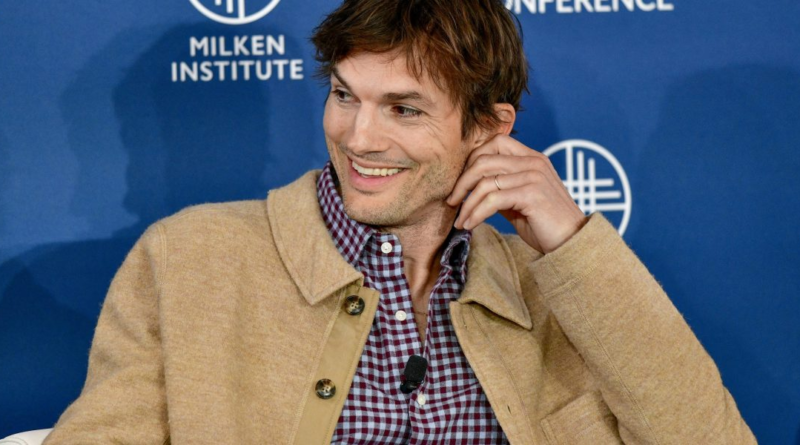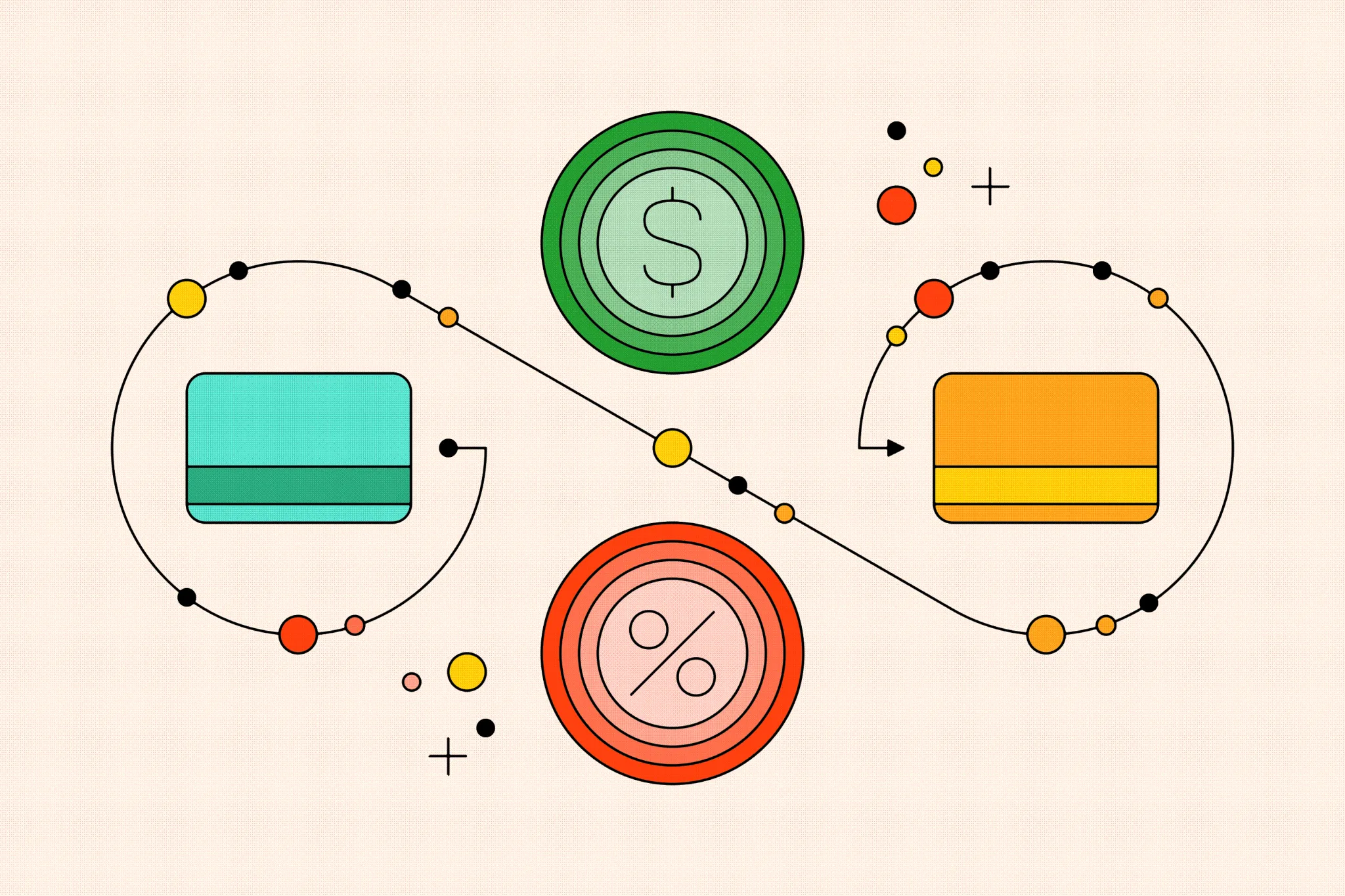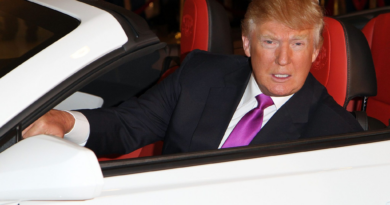Ashton Kutcher sides with the enemy over actor and writer colleagues in AI debate: 'I can just generate and then watch my own movie'
Ashton Kutcher, the star of movies like The Butterfly Effect and My Boss’s Daughter, recently suggested that Hollywood needs to raise its bar. Which many considered rich, considering Kutcher is the star of movies like The Butterfly Effect and My Boss’s Daughter.
The replacement for Charlie Sheen in the later seasons of Two and a Half Men decided to share his two cents on AI and its potential impact on the entertainment industry. After getting an early look at OpenAI’s generative video tool, Sora, Kutcher gushed about its future implementation while speaking to former Google CEO Eric Schmidt at the Berggruen Salon.
Calling the beta version “pretty amazing,” Kutcher said he was able to use it to create a movie of a person running from a desert sandstorm. Taking to the feature like a 9-year-old to Minecraft, he appeared to be moved by the early rendering.
“I, in five minutes, rendered a video of an ultramarathoner running across the desert being chased by a sandstorm,” Kutcher said. “I didn’t have to hire a CGI department to do it.”
”You can create good 10-, 15-second videos that look very real. It still makes mistakes. It still doesn’t quite understand physics,” he said. “But if you look at the generation of this that existed one year ago as compared to Sora, it’s leaps and bounds. In fact, there’s footage in it that I would say you could easily use in a major motion picture or a television show.”
Kutcher, an icon of the early 2000s, has largely left the entertainment industry for the world of venture capitalism, taking a brief pause to act in the critically and publicly panned Your Place or Mine. Last year, Kutcher and his VC firm, Sound Ventures, raised $243 million in five weeks with the purpose of investing in artificial intelligence startups, including OpenAI. So, of course, he has a horse in the game when it comes to Sora.
Kutcher even suggested Sora could take over people’s jobs. “Why would you go out and shoot an establishing shot of a house in a television show when you could just create the establishing shot for $100,” he asked, claiming that replacing the shot and stunt actor with AI could save thousands of dollars. Sora could render an entire film, he suggested, replacing script writers as well. “Instead of watching some movie that somebody else came up with, I can just generate and then watch my own movie,” Kutcher said.
The former heartthrob took a stab at getting cerebral, projecting that in the future there’s “going to be more content than there are eyeballs on the planet to consume it. So any one piece of content is only going to be as valuable as you can get people to consume it.” In a world with that much content, “the bar is going to have to go way up, because why are you going to watch my movie when you could just watch your own movie?” he said.
Hollywood’s fight against AI, and Ashton
Kutcher’s comments were badly received by the many writers he suggested would become obsolete in the near future because of the robot that still doesn’t understand physics.
Creatives have expressed concern about how the quality of art and implementation of fair wages will be affected by AI, as studios might use an actor’s digital likeness or use chatbots to mine writers’ words. Staving off the unmitigated invasion of AI in Hollywood was one of the central issues of last summer’s Writers Guild of America (WGA) and Screen Actors Guild (SAG-AFTRA) strikes. The two unions reached a deal that was called a “triumph,” putting guardrails on executives’ AI outsourcing, but the threats still loom.
One TV writer known for her work on Rick and Morty, Caitie Delaney, tweeted that taking people off projects will create a “a hollow, dumbass, pointless shell. TV will have the same artistic merit as dish soap.” She added that Kutcher was “cannibalizing your own industry because you played Steve Jobs in an inferior movie and think you’re a tech genius now.”
Kutcher “seems pretty excited about the prospect of putting countless people out of work by stealing and devaluing their art,” said film critic and cohost of The Critically Acclaimed Network, William Bibbiani, adding, “but the part I can’t get over is how impressed he is that someone spent a billion dollars to invent an inferior version of stock footage.”
After receiving ridicule, Kutcher walked back his comments slightly, tweeting that he doesn’t “think AI will replace the film industry or creative arts,” but it’s a tool that will change jobs and that “denying that is turning a blind eye to facts.”
It seems that tech’s dreams of implementing AI are playing out on the stage first. Actors, writers, and musicians are just one wave petitioning for checks on said invention. “People will engage [with AI] for the novelty of entertainment,” wrote Reuters columnist Jennifer Saba. “What’s untested is whether large technology firms can get away with using people’s image without paying for it. Without guidelines, laws, and rules, they might as well push it.”




